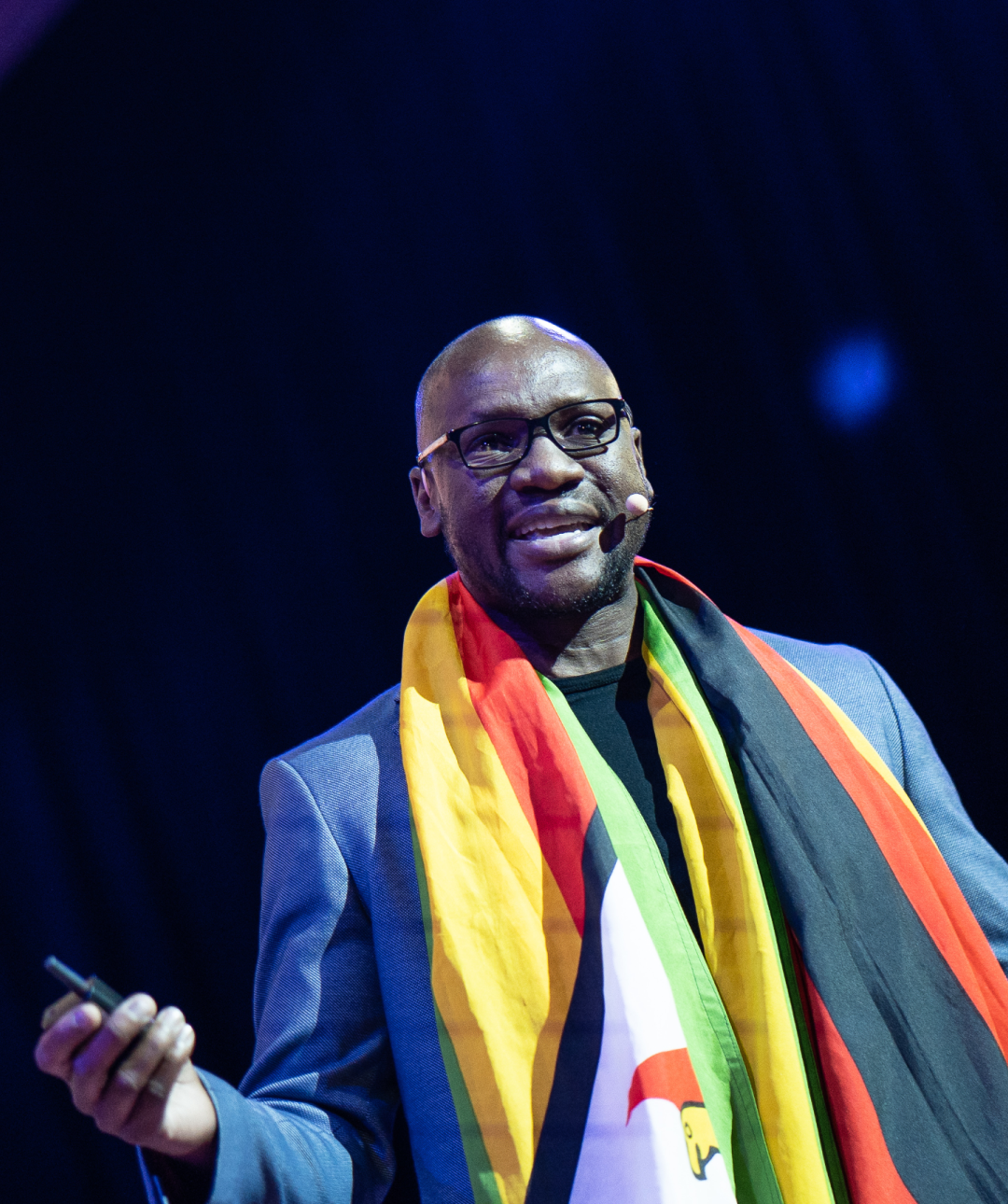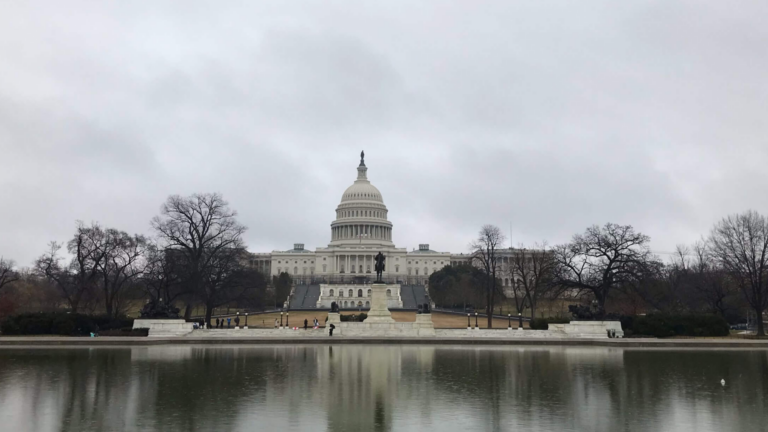NEW YORK — Just days before Laos’ national elections on February 21, the Human Rights Foundation (HRF) has released a report detailing how international development investment in Laos has provided a cover for large-scale human rights abuses.
While the country’s authoritarian neighbors China and Vietnam have attracted ample and rightfully-deserved criticism for their human rights abuses, Laos has often been overlooked for perpetrating similar abuses. Authoritarianism in Laos allows government corruption, media censorship, and repressive practices toward civil society and dissent to persist. Within this context, international development and infrastructure projects have displaced people from their homes and threatened their food security.
“Due to the authoritarian one-party state’s corruption and strong desire to maintain control, many development and infrastructure projects in Laos — funded by nondemocracies such as China and Vietnam, and even democracies, such as South Korea — have resulted in mass displacements, illegal land grabs, and other land grievances,” said Joy Park, HRF’s legal counsel for Asia. “As business interests in the country grow, these abuses can no longer be ignored.”
In laying out the international standards governing business and human rights, HRF’s report presents the obligations of companies to uphold fundamental human rights, including the Universal Declaration of Human Rights, the International Covenant on Civil and Political Rights, the Guiding Principles on Business and Human Rights, and the Declaration on International Investment and Multinational Enterprises as well as economic, social, and governance factors that international stakeholders should consider while doing business in Laos.
To avoid complicity in ongoing human rights abuses, HRF recommends that international business stakeholders conduct proper due diligence on the civil and political conditions in Laos, call for the strengthening of governmental redress and conflict resolution mechanisms, and support local civil society groups.








